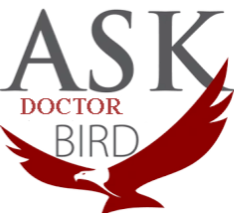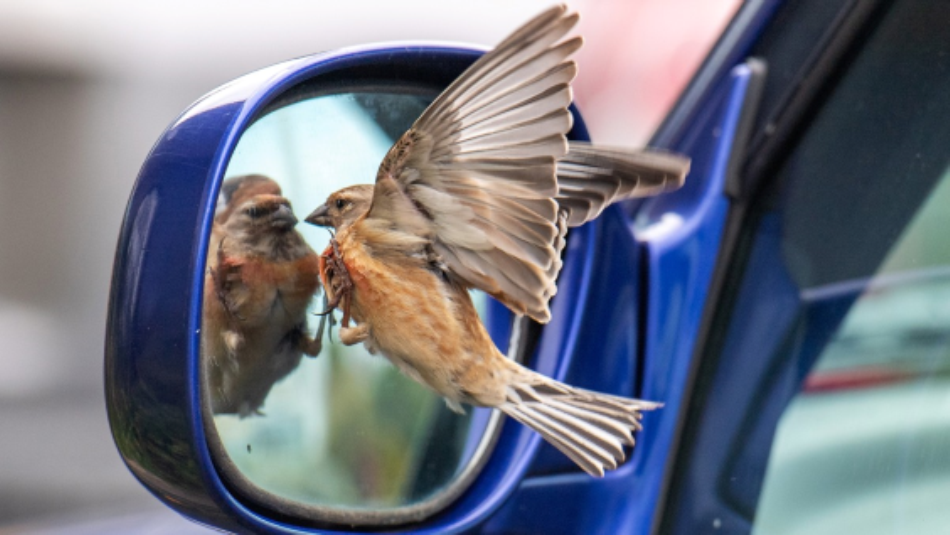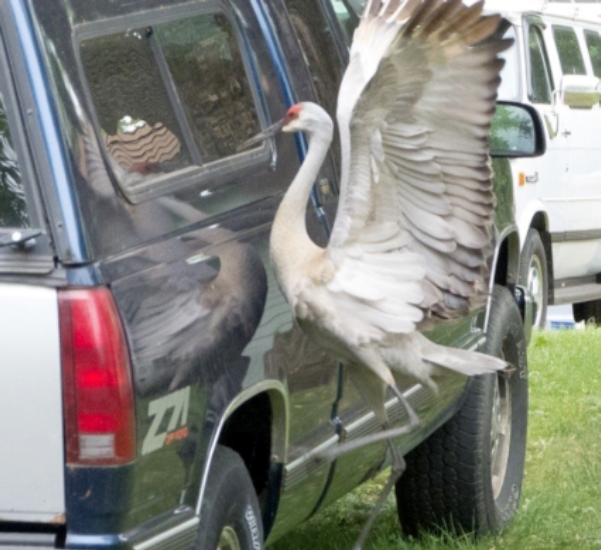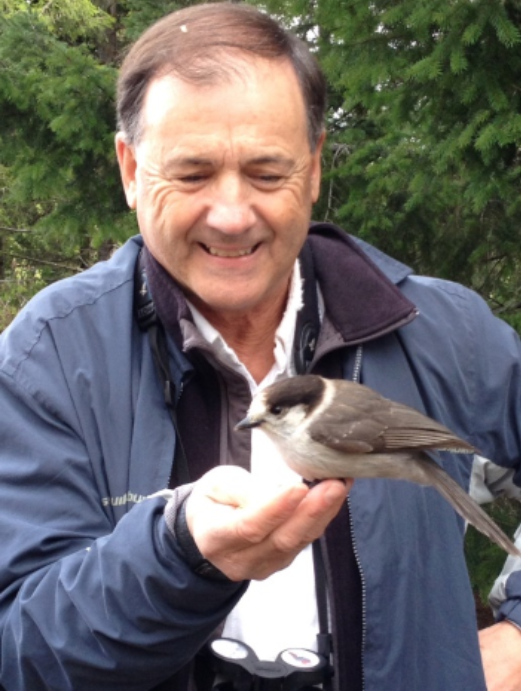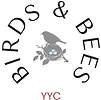Question:
I just bought a brand-new red Ford Explorer which is now sitting in my driveway and I am seeing little songbirds perching on my side view mirrors and worse, popping on them. They never bothered with my old silver Yukon. Why would they be doing that with my new vehicle? And what can I do about it?
Response:
Whenever I hear the words “mirror” and “birds” together in the same sentence, I can only think of one thing—the birds are somehow seeing their reflections in the mirror surface and they are treating them as intruders into their breeding territory. And so, they are hanging around your side-mirrors to drive off that intruding bird from the area. During that action, they are leaving little white souvenirs on your vehicle. Every spring I can count on getting emails about birds fluttering for hours at picture windows and for the same reason. The birds are fooled by their reflections. You see, it is all driven by hormones raging in their blood stream. Once those hormones subside in two or three weeks, the behavior stops. The really bad news is that they are not only wasting time and energy on a fool’s errand, but they are also opening themselves to having real intruders enter other parts of their territory and worse, not paying attention to potential predators sneaking up on them. What can you do about it? Well, what I would do is cover the mirrors with something like plastic bags until the hormones subside. The reason they never bothered your silver Yukon is perhaps due to the fact that it might have been harder to detect their reflection in the side view mirrors or that they only discovered them when you got the new vehicle.
David M. Bird, Ph.D., Emeritus Professor of Wildlife Biology, McGill University www.askprofessorbird.com

David M. Bird is Emeritus Professor of Wildlife Biology and the former Director of the Avian Science and Conservation Centre at McGill University. As a past-president of the Society of Canadian Ornithologists, a former board member with Birds Canada, a Fellow of both the American Ornithological Society and the International Ornithological Union, he has received several awards for his conservation and public education efforts. Dr. Bird is a regular columnist on birds for Bird Watcher’s Digest and Canadian Wildlife magazines and is the author of several books and over 200 peer-reviewed scientific publications. He is the consultant editor for multiple editions of DK Canada’s Birds of Canada, Birds of Eastern Canada, Birds of Western Canada, and Pocket Birds of Canada. To know more about him, visit www.askprofessorbird.com or email david.bird@mcgill.ca.
